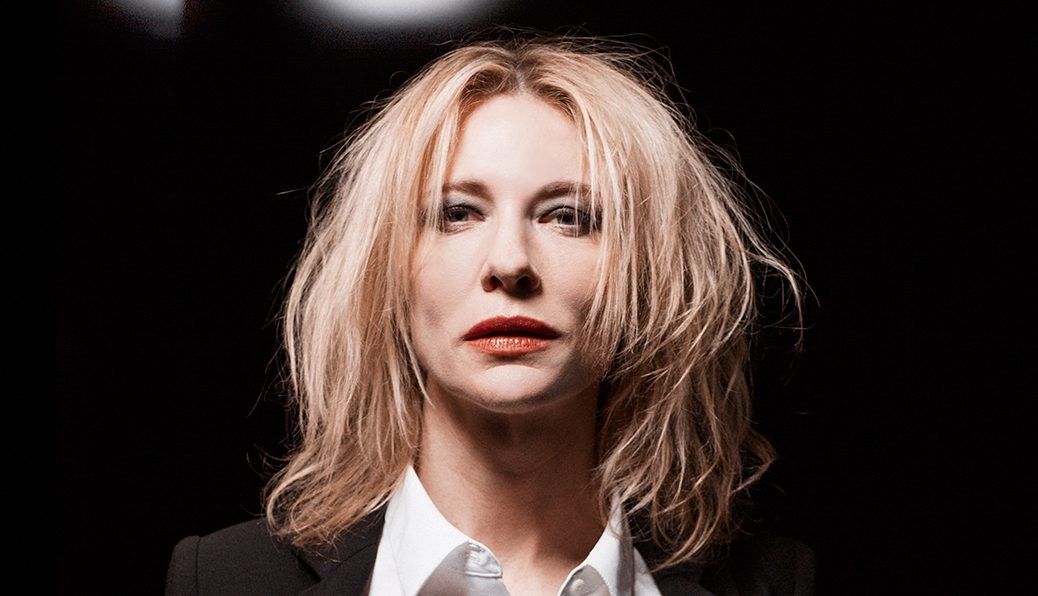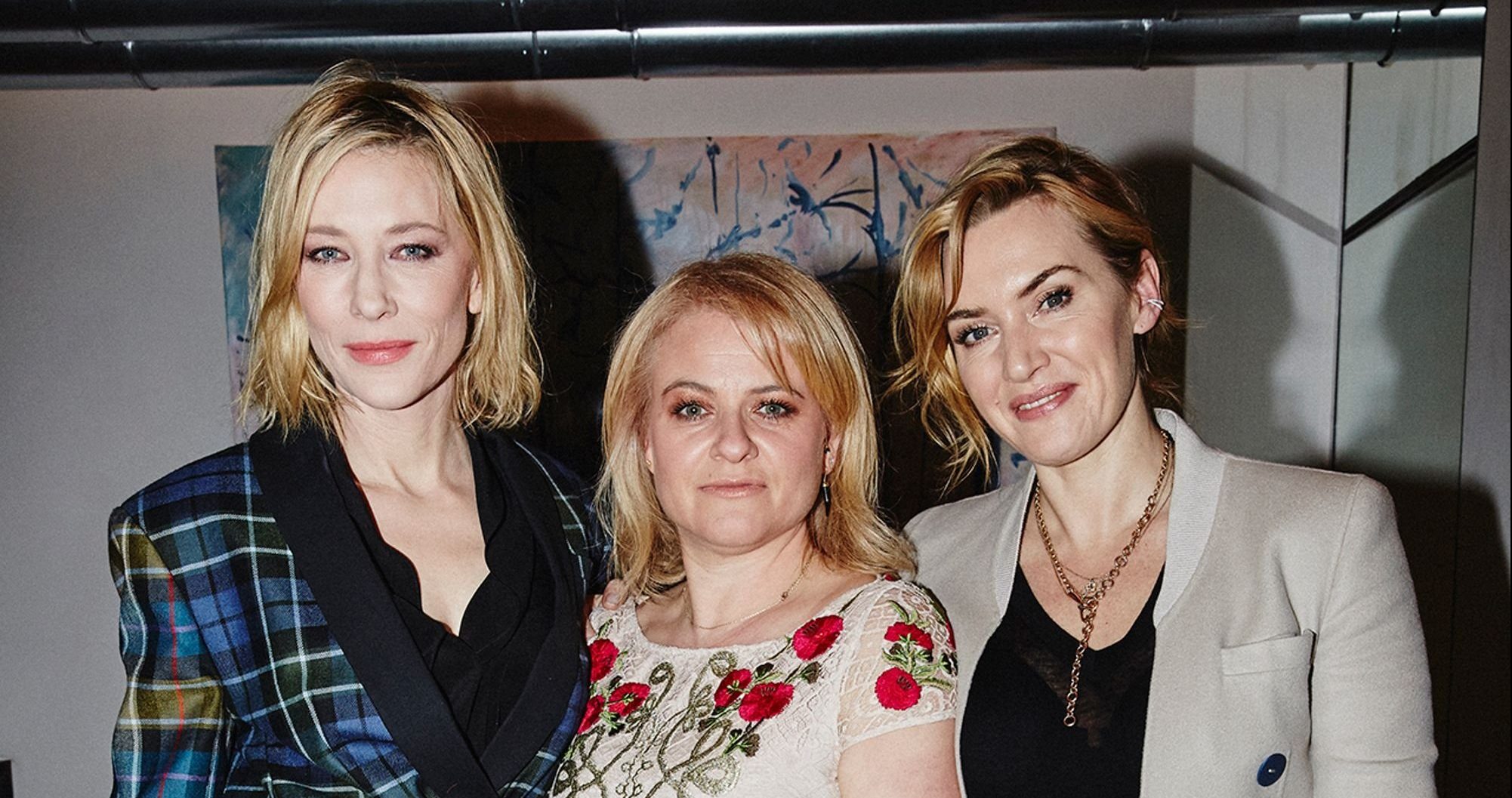A new poster, the official one, came out yesterday
via Awards Daily
New clips, the first one was shown during the Ellen DeGeneres Show













A new interview with The Wall Street Journal
As the title character in “Carol,” Cate Blanchett grapples with forbidden passion in the 1950s. She plays a coolly elegant upper-middle-class wife and mother who falls for Therese ( Rooney Mara), a young department store clerk in Manhattan. Although the story involves a lesbian love affair, Ms. Blanchett says the film is primarily about timeless, swoony emotions.
“There are many impediments, not the least of which is their gender,” says Ms. Blanchett, who has become an early best-actress Oscar contender for the role.
The other impediments: “It’s also the gap between their classes and ages, a gap of innocence and experience,” Ms. Blanchett says. “Therese is colt-like, falling headlong into it, and Carol is thinking, ‘Can I do this again?’” Among her problems, Carol’s belligerent, estranged husband ( Kyle Chandler) threatens to take custody of their daughter.
When they do get there, after escaping on a cross-country road trip, the scene is discreet and true to the film’s graceful manner. “If you compare this to ‘Blue is the Warmest Color,’ they’re very different investigations,” Ms. Blanchett says, referring to the graphic lesbian love story from 2013. She sees the range of new films about gay and transgender characters, including the coming “The Danish Girl,” as an advantage for “Carol.” “No longer does a film like this have to stand for all gay relationships,” she says.
“Carol” is based on Patricia Highsmith’s 1953 novel, “The Price of Salt,” and Ms. Blanchett drew on other Highsmith books as well. She discovered the author when she played a small part in “The Talented Mr. Ripley,” and finds a common sensibility running through her work.
“There’s a layer of rage, of cruelty, of lusting after things that one knows one shouldn’t lust for, often within very polite society,” she says. Carol is an imperfect heroine, who can be cold and changeable toward Therese, but who is also dealing with enormous family pressures.
“Another beautiful thing Highsmith wrote is that Carol, at surprising moments, would lapse into a deep melancholic silence,” Ms. Blanchett says.
 Welcome to Cate Blanchett Fan, your prime resource for all things Cate Blanchett. Here you'll find all the latest news, pictures and information. You may know the Academy Award Winner from movies such as Elizabeth, Blue Jasmine, Carol, The Aviator, Lord of The Rings, Thor: Ragnarok, among many others. We hope you enjoy your stay and have fun!
Welcome to Cate Blanchett Fan, your prime resource for all things Cate Blanchett. Here you'll find all the latest news, pictures and information. You may know the Academy Award Winner from movies such as Elizabeth, Blue Jasmine, Carol, The Aviator, Lord of The Rings, Thor: Ragnarok, among many others. We hope you enjoy your stay and have fun! 



 A Manual for Cleaning Women (202?)
A Manual for Cleaning Women (202?) The Seagull (2025)
The Seagull (2025) Bozo Over Roses (2025)
Bozo Over Roses (2025) Black Bag (2025)
Black Bag (2025)  Father Mother Brother Sister (2025)
Father Mother Brother Sister (2025)  Disclaimer (2024)
Disclaimer (2024)  Rumours (2024)
Rumours (2024)  Borderlands (2024)
Borderlands (2024)  The New Boy (2023)
The New Boy (2023) 











